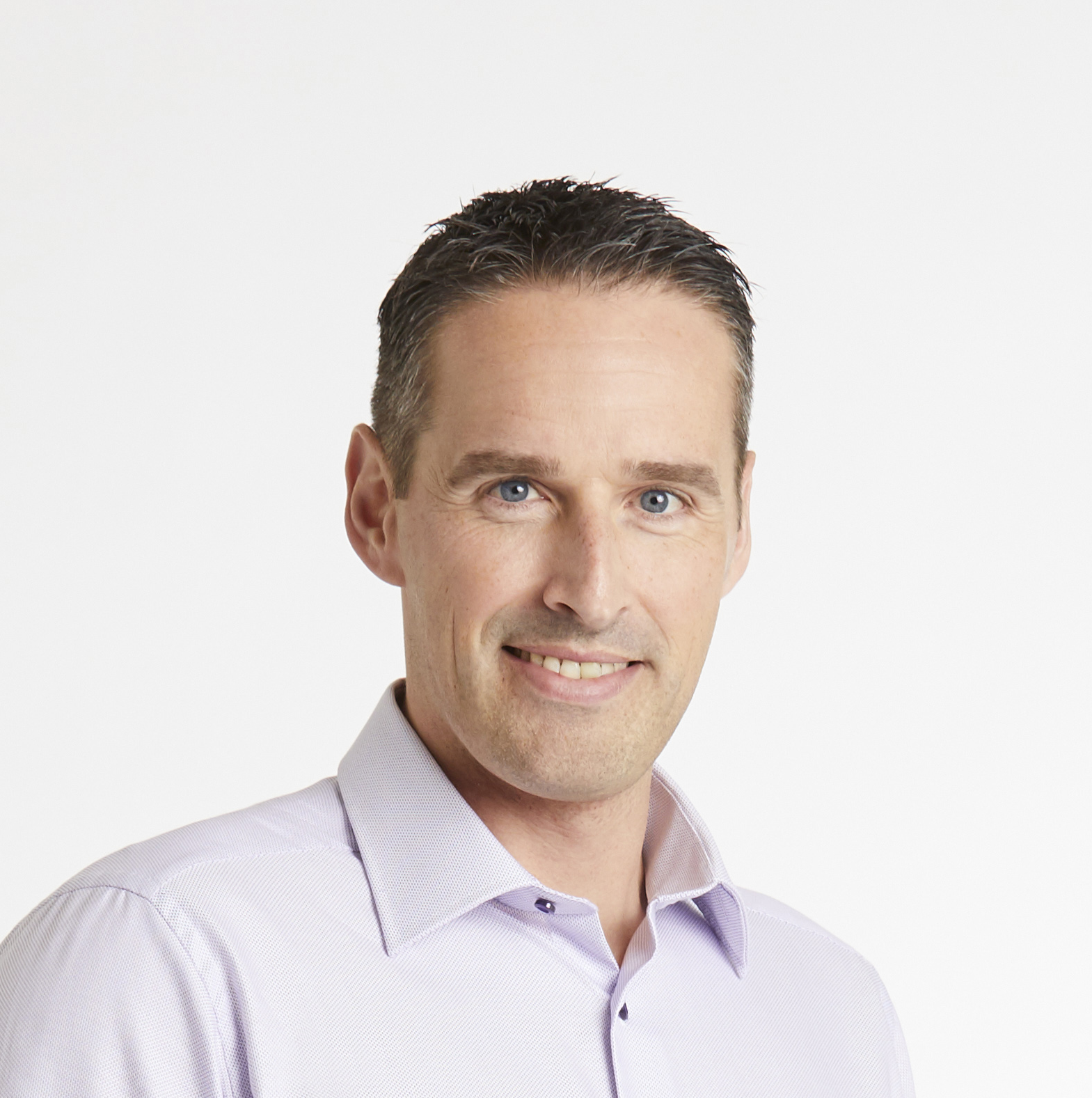A Novel Platform for Antibody Discovery, Engineering and Validation
The Technology
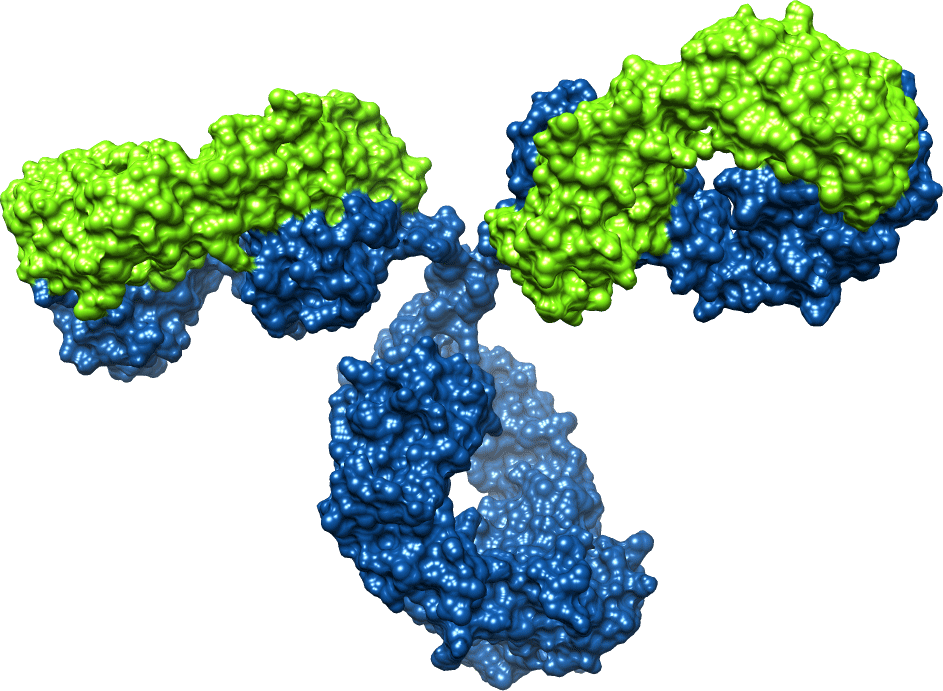
About Us
How we became who we are
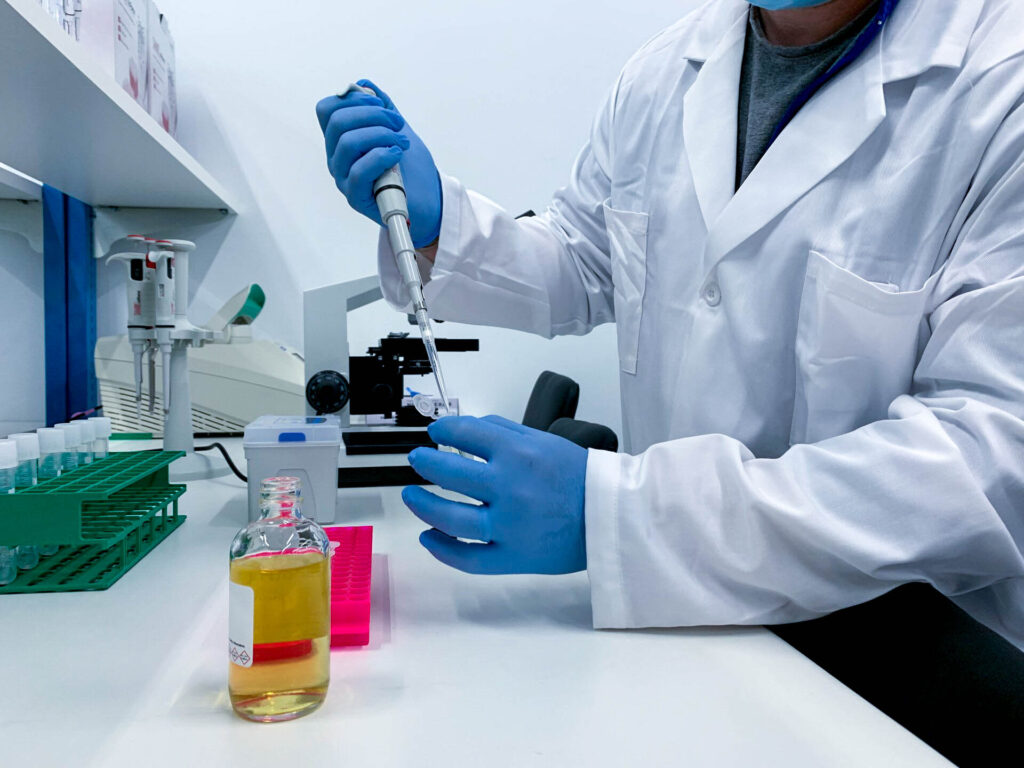
What We Do
"Our team is composed of a group of scientists with years of antibody engineering experience. We have developed methods for phage display, immunorepertoire analysis and B cell cloning. Our experience, combined with a desire to tackle some of the more difficult antigen targets is what will make us successful."
- CEO & Founder, Michael P Weiner, Ph.D.
Our Team
Leadership

Founder & CEO
Michael P Weiner, Ph.D.
Dr. Weiner is a serial scientific entrepreneur and the Founder of Abbratech Inc.
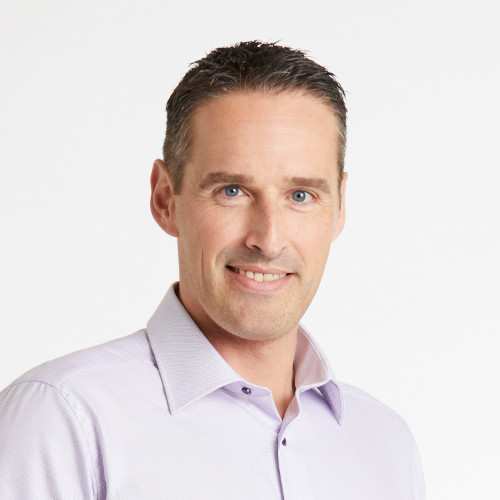
Chief Business Officer
Troy Lionberger, Ph.D.
Dr. Lionberger is a biologist and business developer focused on leveraging innovative technologies to advance drug discovery

Executive Director
Linda Stevens
Linda has over 20 years of Biotech experience from earliest of stages of startup to mergers and acquisitions
Board of Directors

Founder & CEO
Michael P Weiner, Ph.D.
Dr. Weiner is a serial scientific entrepreneur and the Founder of Abbratech Inc.

Board of Directors Member
Michael Egholm, Ph.D.
Dr. Egholm brings more than 27 years of proven leadership in developing and commercializing innovative technologies.
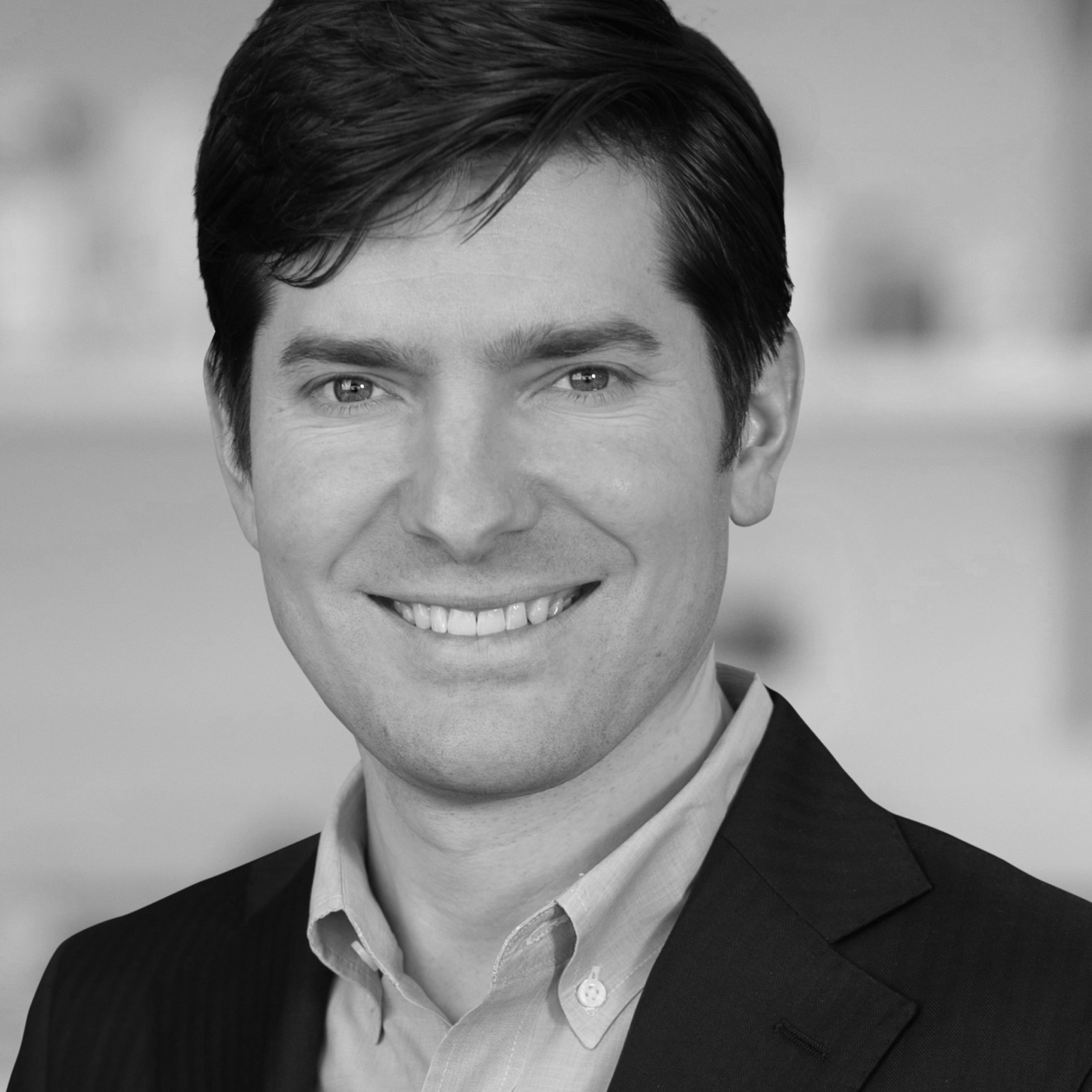
Board of Directors Member
Sean Mackay
Sean Mackay co-founded and leads IsoPlexis as CEO. IsoPlexis’ mission is to provide widely accessible cellular proteomics to speed personalized, curative medicines.
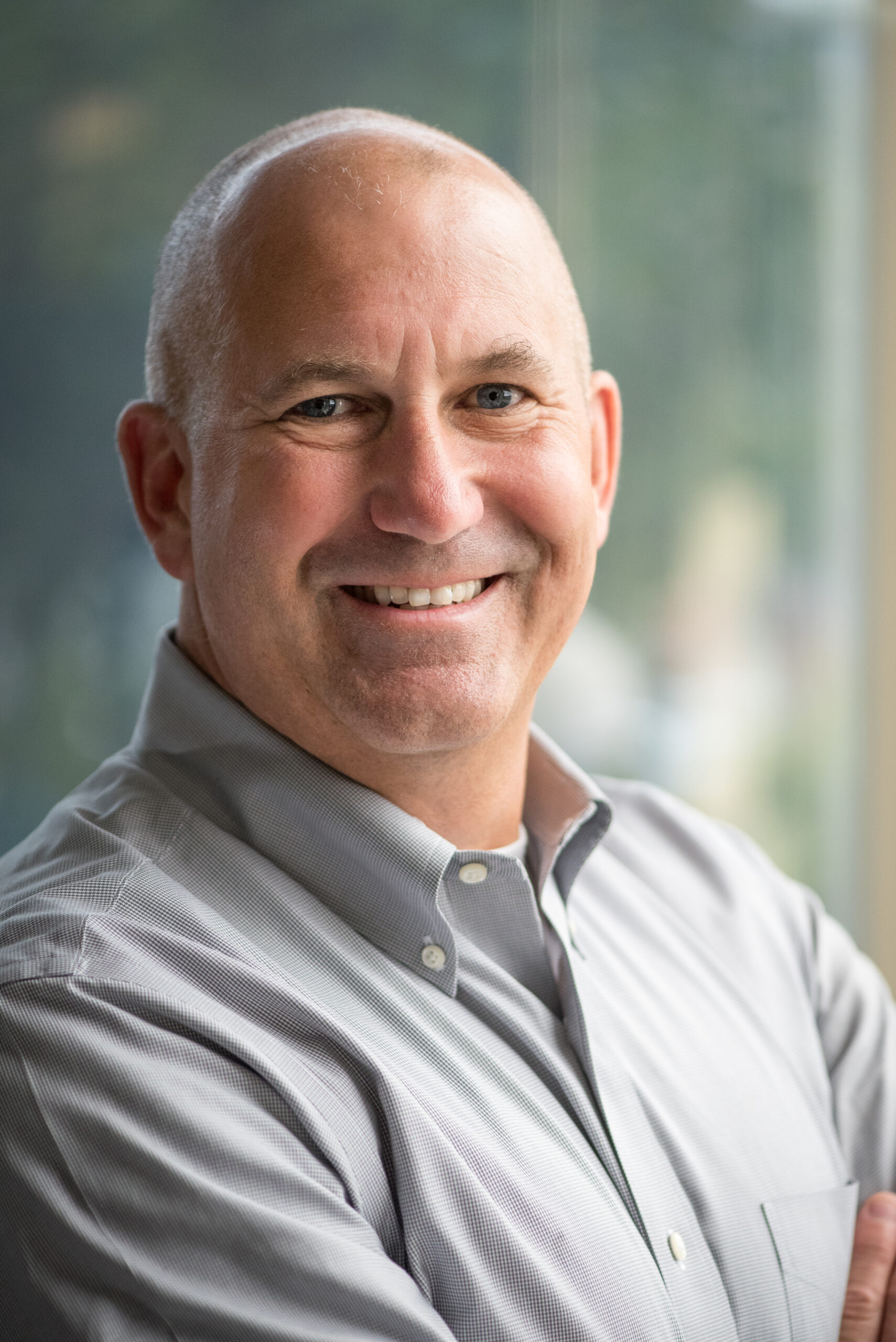
Board of Directors Member
Sean Cassidy
Mr. Cassidy is the Chief Financial Officer of Arvinas with over 20 years of experience in the life sciences industry
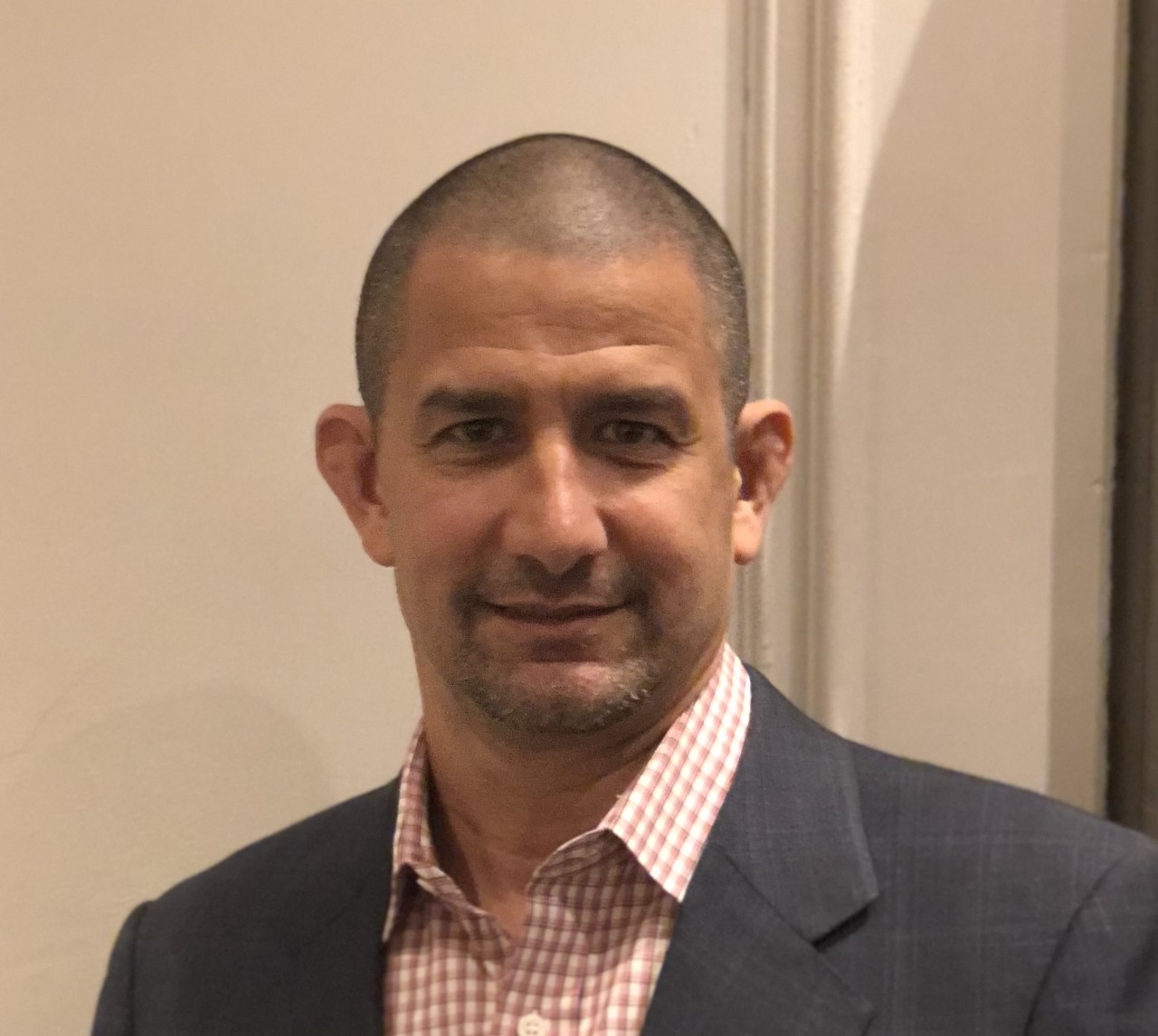
Board of Directors Member
Kenan Turnacioglu, Ph.D.
Dr. Turnacioglu is currently Chairperson of PaigeAI, a machine learning Pathology company spun out of Memorial Sloan Kettering
Medical Advisory Board

Medical Advisory Board
John Hastewell, DPhil
John Hastewell served in many roles in his nearly 30 years at Novartis.
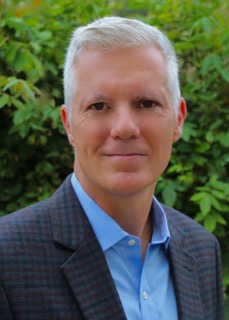
Medical Advisory Board
Robert Hollingsworth, Ph.D.
Dr. Hollingsworth is the Chief Scientific Officer at Shoreline Biosciences.
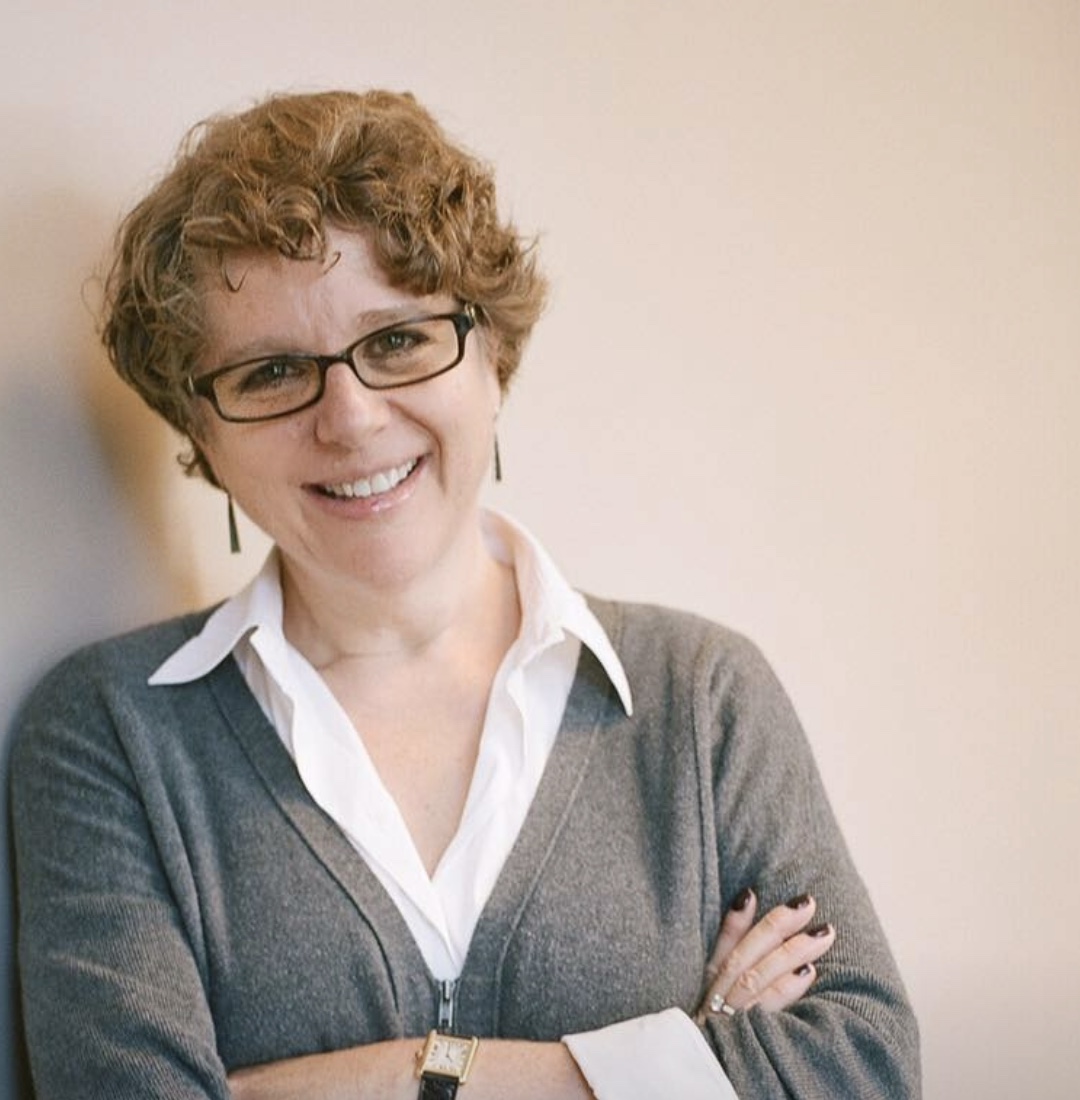
Medical Advisory Board
Rachel Humphrey, M.D
Dr. Humphrey is the President and CEO of an Immuno-oncology start-up.

Medical Advisory Board
Ulf Landegren, M.D., Ph.D
Ulf Landegren received his MD and PhD in Uppsala, Sweden, before spending five years at California Institute of Technology
Technical Advisory Board
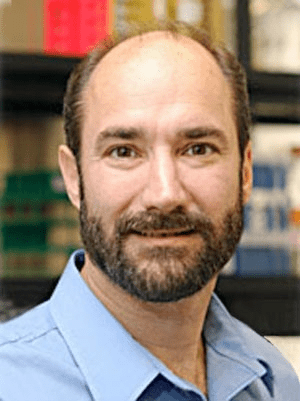
Technical Advisory Board
Michael P. Snyder, Ph.D.
Michael Snyder is the Stanford Ascherman Professor, Chair of Genetics, and Director of the Center of Genomics and Personalized Medicine.
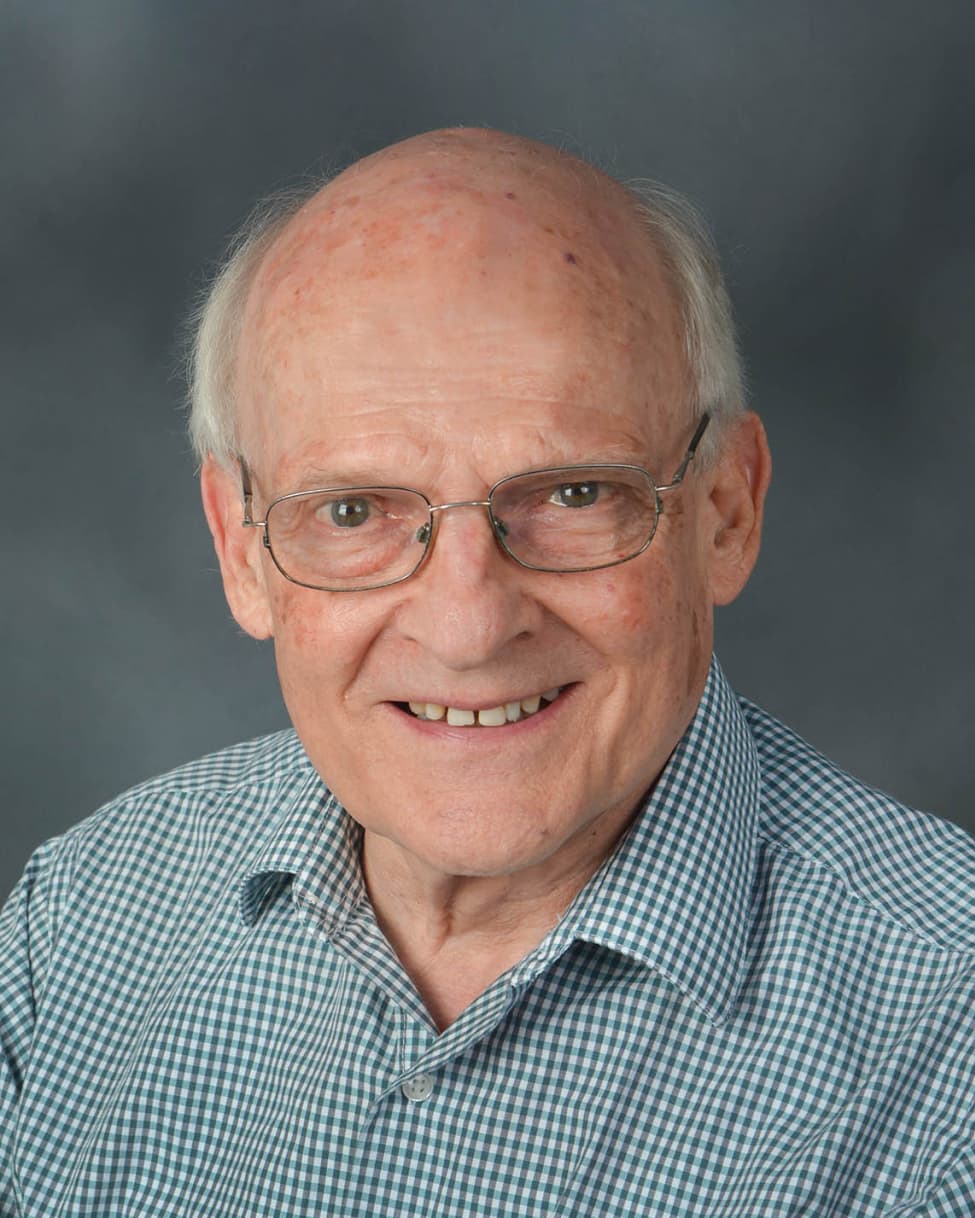
Technical Advisory Board
Dieter Söll, Ph.D.
Dieter Gerhard Söll is a Sterling Professor of Molecular Biophysics and Biochemistry and Chemistry at the Yale University.
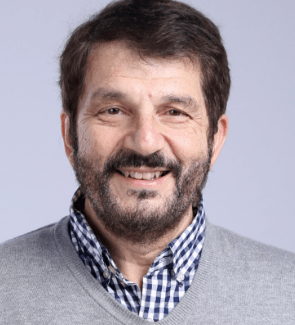
Technical Advisory Board
David Weitz, Ph.D.
David A. Weitz is the Mallinckrodt Professor of Physics and Applied Physics at Harvard University.

